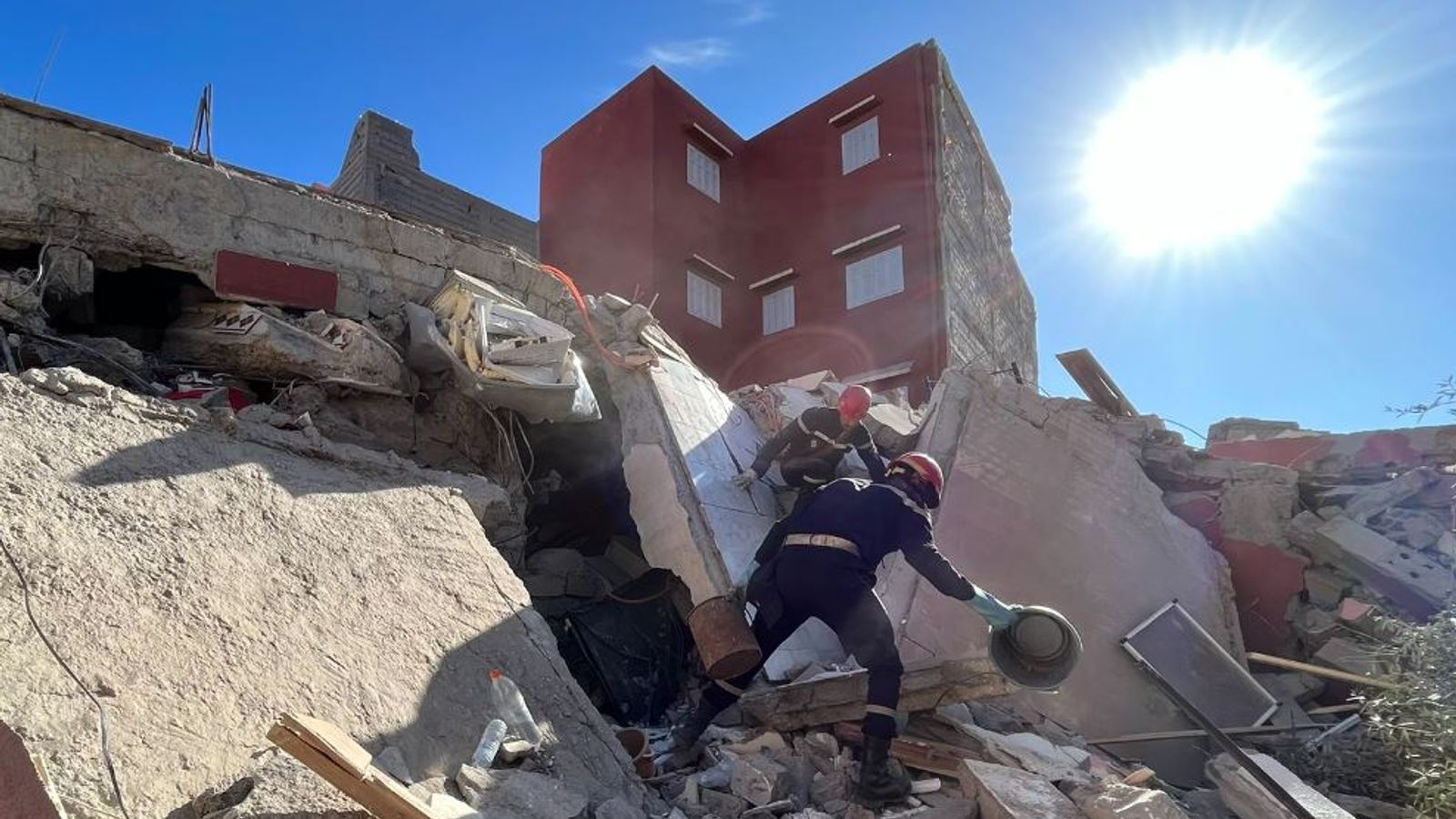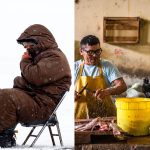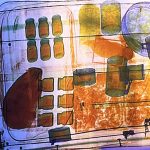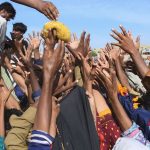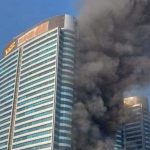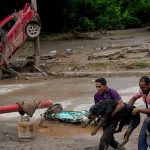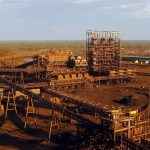Rescue teams in Morocco are racing against a “golden period” to find survivors that is rapidly running out.
As an engineer and rescue operations manager for SARAID – Search and Rescue Assistance in Disasters – Mark Scorer has seen the aftermath of several earthquakes.
As the hours tick by after a magnitude 6.8 quake struck, rescuers will be prioritising buildings with the highest chance of having survivors inside, he told Sky News.
They will be looking for buildings with “survivable voids”, where the collapse has left pockets.
After the earthquake in Turkey and Syria earlier this year, survivors were pulled from the rubble up to 12 days later.
But the 72 hours after a quake offer the best chance of people being rescued – “after that, the chances deteriorate”, Mr Scorer said.
“We’re now well into the golden period, where the chance of finding people alive is decreasing.”
It’s not just time that dictates the chance of survival. Access to water is crucial and temperature plays a big part due to chances of dehydration, Mr Scorer said.
Morocco earthquake – follow latest
Please use Chrome browser for a more accessible video player
Rescuers will be relying on local knowledge – residents will know the priority areas and may have heard banging or noises.
They may then run a rapid search using dogs or a team to “see if you get a hit” before breaking through the rubble.
But the news and images out of Morocco have made it clear how isolated some of the villages at the epicentre are, with landslides and rockfalls making much of the mountainous area inaccessible.
The elevation of the Atlas Mountains is more than the highest point in the UK, Mr Scorer said.
The access difficulties could mean teams are limited to using smaller vehicles and lighter equipment.
SARAID has not been deployed as Morocco has not officially requested foreign assistance, but Mr Scorer said they could still be called up in the next 12 to 24 hours.
It was important to let Morocco manage the rescue efforts, he said as “they know the lay of the land”.
Read more:
Dad killed by rubble as he tried to protect son
Rescuers battle to reach remote areas
Jan Campbell-Wood, a volunteer international responder with RE:ACT, told Sky News it was “understandable” Morocco had not immediately appealed for help as it can take time to assess the situation.
“You have to recognise the sovereignty of countries to make their own decisions.
“While everybody wants to act as quickly as they can to help the people in such an appalling situation, we do have to hold back a little and make sure that we don’t impose what we think should happen.
“It should be the people who decide what they want us to help with.”
In a sign on Sunday that Morocco may be prepared to accept more help from outside, the Spanish military said it had sent an air force plane carrying an urban search and rescue team of 56 soldiers and four dogs to Marrakech.
Aid offers have poured in from around the world and the UN said it had a team in Morocco coordinating with authorities about how international partners can provide support.
